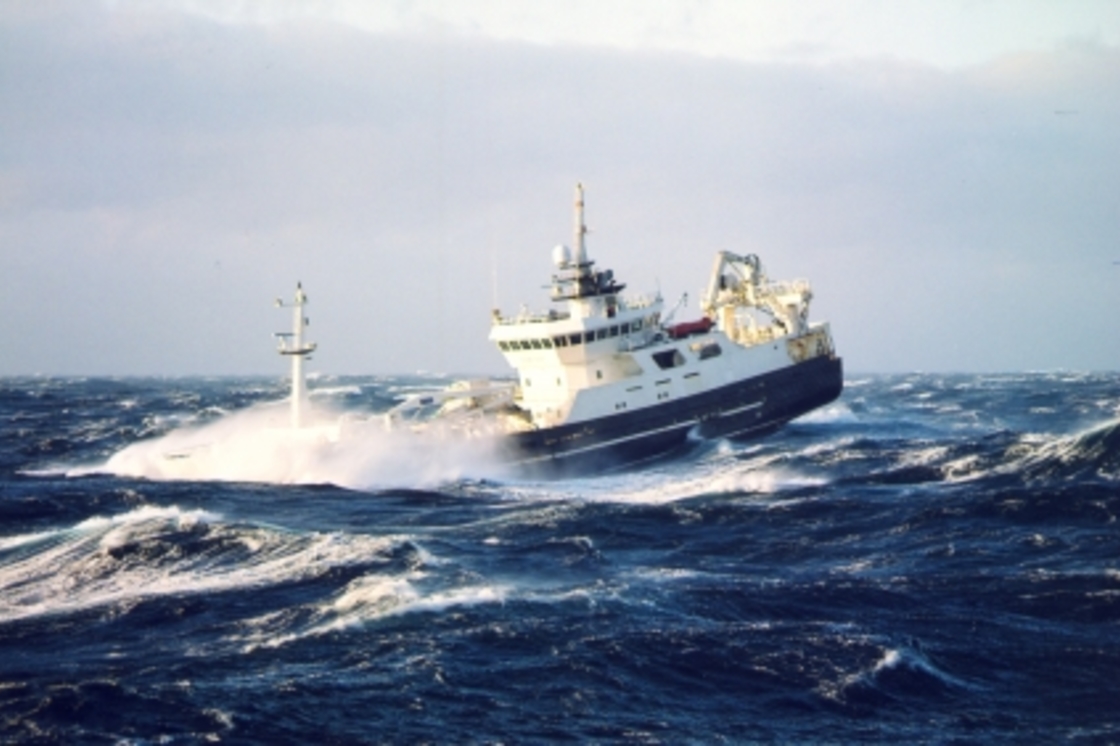Project IPA: making a real India Pale Ale

At BrewDog some things get us a little bit upset; the catastrophe that is the Portman Group, people who describe themselves as ‘mad' and the abundance of 3.8% IPAs on the British market. How saddening it is to see the great IPA heritage in this country come to stand for nothing more than a sparingly hopped low abv blonde session ale.
So for our 2nd Anniversary beer (to be released in April 2009) we have decided to take IPA back to its roots. Quite literally.
IPA stands for India Pale Ale. The style was developed in Britain in the 1700s to be sent by sea to British people living in India. The beers travelled inside oak casks onboard sailing vessels and would have to evade a variety of perils including storms, pirates and giant squid. However the lack of refrigeration was also a threat and the ocean voyage usually compromised the beer. The brewers realised that the hops and alcohol act as a natural preservative so they came up with a very well hopped high alcohol brew that was able to withstand the sea voyage and arrive in good condition. Thus India Pale Ale was born.
At BrewDog we found a 210 year old recipe of a traditional India Pale Ale; a malty 8% ale loaded with classic English hops. We have now brewed this beer and are transferring it into oak casks. The oak casks are then going to spend January and February strapped to the deck of James' dad's North Atlantic Trawler (pictures above in heavy seas), James will also spend January at sea on the boat. So our 2nd Anniversary beer will be the first IPA aged in oak casks at sea for 200 years!
The whole process is going to be filmed and shown on the blog and we will keep you up to date with how the casks fare at sea. Expect to see images of them taking waves in stormy seas, covered in snow and even ice as we venture North, sailing into the beautiful Norwegian fjords and perhaps even with some Killer Whales in the background. We are hoping to avoid the pirates and the giant squid.
We are going to have about 8 oak barrels in total aboard vessel. After the ship returns we are going to bottle the IPA. It will be bottle conditioned in champagne bottles. We truly believe this will be the first genuine IPA for centuries. It is the closest thing we have got to a time machine.
A little more about the beer.
We religiously followed the 210 year old recipe and the beer has now fully fermented. It is a sturdy 8% ale loaded with classic English hops such as East Kent Goldings and Bramling Cross giving a ferocious 90 IBUs. The beer is already unlike any we have ever tasted. Most strong IPAs tend to focus on American high alpha hops, giving them very fresh citrus, pine and fruit favours. However our old school hop monster's robust malt base is contrasted with very spicy, herbal and earthy hop notes and an immense enduring bitterness. We can are qualified neither scientifically, nautically or spiritually to do anything more than speculate as to how the flavours will develop and what may be added during the 2 months in oak at sea. Suffice to say we are pretty excited about the project.

Join the Discussion
Comments (3)
You - our 2nd Anniversary beer will be the first IPA aged in oak casks at sea for 200 years!
Not at all - IPA was still being shipped out in oak casks, maturing on the way, well past the mid-point of the 19th century.
You - The style was developed in Britain in the 1700s
It is very unlikely that the beer later called IPA was developed in any kind of deliberate manner. It was most probably a standard well-hopped 18th century pale ale (one of several types of beer exported to hot climes, including porter) that turned out to mature very well on the way to India. The expression India Pale Ale, incidentally, does not occur until 1836.
You - The brewers realised that the hops and alcohol act as a natural preservative so they came up with a very well hopped high alcohol brew that was able to withstand the sea voyage and arrive in good condition. Thus India Pale Ale was born.
Myth. You did not need high-alcohol beers, or well-hopped beers, to survive the journey. Porter, for example, survived very well as far as Australia.
You - loaded with classic English hops such as East Kent Goldings and Bramling Cross
EKG are certainly authentic for an IPA, but Bramling Cross, fine hop though it is, was a 20th century invention.
Many apologies if this sounds negative - I really do think it is a great idea to experiment with maturing beer on board a ship, I have no doubt it will sell out with speed, and I hope to get hold of some before it all goes.